Building an interpretive center in Rîbat da Arrifana, on the coast of the municipality of Aljezur, as well as promoting its "archaeological research and research" or the conservation of the "archaeological remains on the site", are some of the objectives of the protocol that was signed yesterday , in Lisbon, at the Centro Ismaelita, in a ceremony at which the Sul Informação watched.
The signing of the protocol that formalizes this "strategic partnership for the purposes of research, preservation, development and dissemination" was the high point of the diplomatic reception alluding to the Day of the Imamat of His Highness the Aga Khan, in which nearly 400 guests participated. , including the Minister of Culture Graça Fonseca.
The Rîbat da Arrifana, identified in 2001 and classified as a National Monument since July 2013, is considered by many researchers dedicated to the study of the medieval Islamic presence in the West as «one of the most important archaeological discoveries of the XNUMXst century».
The archaeological site was said to have been a convent of Muslim warrior monks, which began to be built around 1130 CE, at the initiative of Ibn Qasi, a historical character from Silves, mahdi, head of the opposition to the Almoravids and temporarily ally of the first king of Portugal, D. Afonso Henriques.
The protocol was signed by the Director General of Cultural Heritage (Paula Araújo da Silva), by the Regional Director of Culture of the Algarve (Adriana Freire Nogueira), by the Mayor of Aljezur (José Manuel Gonçalves), by the Universidade Nova de Lisboa, through the Faculty of Social and Human Sciences (FCSH) of the Universidade Nova de Lisboa and its Institute of Archeology and Paleosciences (IAP), in that act represented by the rector João de Deus Santos Sàágua and the director of FCSH Francisco Caramelo, as well as Luis Monreal, managing director of the Aga Khan Fund for Culture, a private foundation registered in Geneva, Switzerland.
The partnership between those entities is intended, therefore, to promote cooperation in projects that guarantee "the legal protection of the archaeological site", the preservation of the "landscape context" in which it belongs, the promotion of "archaeological research and investigation". the conservation of the «archaeological remains existing on the site», the construction and implementation of «an interpretive center» and the promotion of «academic research in the context of projects in the area of Archeology, History and Conservation», according to the text of the protocol, the that the Sul Informação had access.
All those entities will now form and participate in a «technical working group», whose main mission is to define «a multi-annual action plan for the implementation and management of an interpretive center for Rîbat da Arrifana».
One of the main issues to be defined by this working group will be funding, which should be ensured either by the Portuguese State or, above all, by the Aga Khan Fund for Culture.
Another important issue is the purchase of land where the national monument is located, as part of it continues to be privately owned. This is what the protocol refers to as “the execution of the actions necessary for the regularization of the buildings where the National Monument is located”.
Speaking to our newspaper, at the end of the ceremony, José Gonçalves, mayor of Aljezur, pointed out precisely that “the issue of land ownership remains to be resolved”. In fact, the mayor clarified, it was because this issue was not defined that his Municipality stopped supporting, in recent years, the archaeological excavation campaigns at the site, coordinated by Rosa and Mário Varela Gomes. "It is essential to define the ownership of land, in order to move forward", he stressed.
To what Sul Informação found from various sources, the Regional Directorate of Culture has already defined that part of the site where the archaeological site is located is public domain, that is, it belongs to the State. It now remains to negotiate with the owner of the remaining area to buy it, for a price “much more reasonable than he asks for”. If the owner does not accept the amount defined by an official appraiser, the Ministry of Culture may proceed with the expropriation.
The working group will also deal with the «planning and execution of accessibility to the interpretive centre, including parking places», «coordination of its daily management» , the continuation of archaeological excavations and the conservation of the site itself, as well as the creation of a database on the archaeological remains of Rîbat da Arrifana, among other tasks.
Archaeologist Rosa Varela Gomes, responsible for the various excavation campaigns that have been carried out in Rîbat da Arrifana and director of the Institute of Archeology and Paleosciences of the Universidade Nova de Lisboa, stressed, in statements to our newspaper, that the formal constitution of the working group it will allow «beginning to see what can be done, what the costs involved, what will be musealized and how, where the parking lot and the Interpretative Center will be created, how to provide information to the population, not preventing, for example, that people can continue to go fishing for that point». However, he warned, “new excavations” or even the implementation of some interventions can only proceed “after the ownership of the land is defined”.
Until this issue is resolved, there are no deadlines for all this to progress and be completed.
At the end of the ceremony, the Minister of Culture stressed that the protocol is "a unique occasion", to "make known this archaeological pearl, inserted in a sublime place in the Portuguese landscape".
Graça Fonseca stressed that the protocol also highlights a "meeting of cultures, of which Islamic culture is part", being also "a meeting with our past", of "multidisciplinary knowledge" and "between the public sphere and private initiative ».
The minister also made a «profound thanks to Imamat Ismaili», «for his commitment to collaborate in a meaningful way with Portuguese cultural institutions».
This had already been underlined by Commander Nazim Ahmad, diplomatic representative of the Imamat Ismaili, referring that, since the 70s, there has been a "close collaboration".
As for the protocol, Nazim Ahmad considered it "a relevant step" and a "dynamizing instrument for the study and dissemination of the Muslim presence in Portugal", which is "part of our heritage".
José Gonçalves, mayor of Aljezur, welcomed the moment: «here we are here, at a good time, bringing together various desires and synergies».
In your statements to the Sul Informação, at the end of the ceremony, the mayor from Aljezurense also said that the signing of the document «means the formal recognition of 20 years of work and insistence so that Rîbat can be what we want in the future».
For José Gonçalves, this is “a fundamental step of commitment between entities that have all the responsibility to do what is necessary to guarantee the preservation, study and enhancement” of the archaeological site.
«It was 20 years, during which there were important archaeological excavations that determined the importance of this site, in such a way that it was classified as a national monument. This protocol was a very important step, but much remains to be done», warned the mayor of Aljezur.
At the ceremony at the Centro Ismaelita de Lisboa, there were close to 400 guests, including members of the Government (the minister and the secretary of State for Culture) and the Assembly of the Republic, diplomatic corps, representatives of government institutions and ministerial teams, academia, leaders civil society organizations and the business community, representatives of faith communities, as well as the leadership of Imamat Ismaili, the Aga Khan Network for Development and the Ismaili Community.
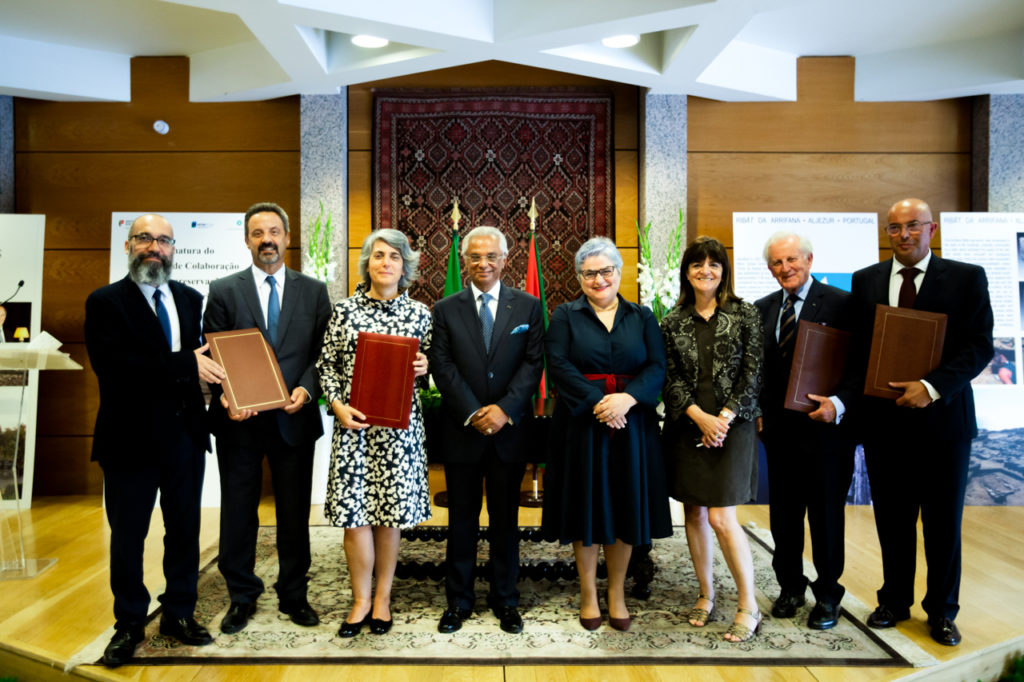
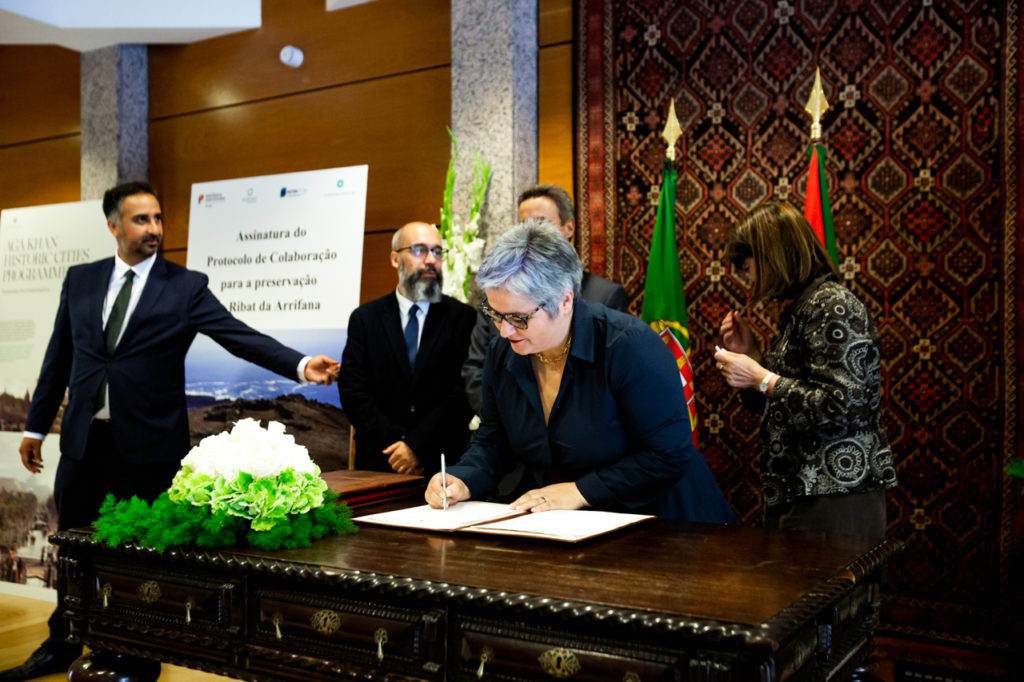
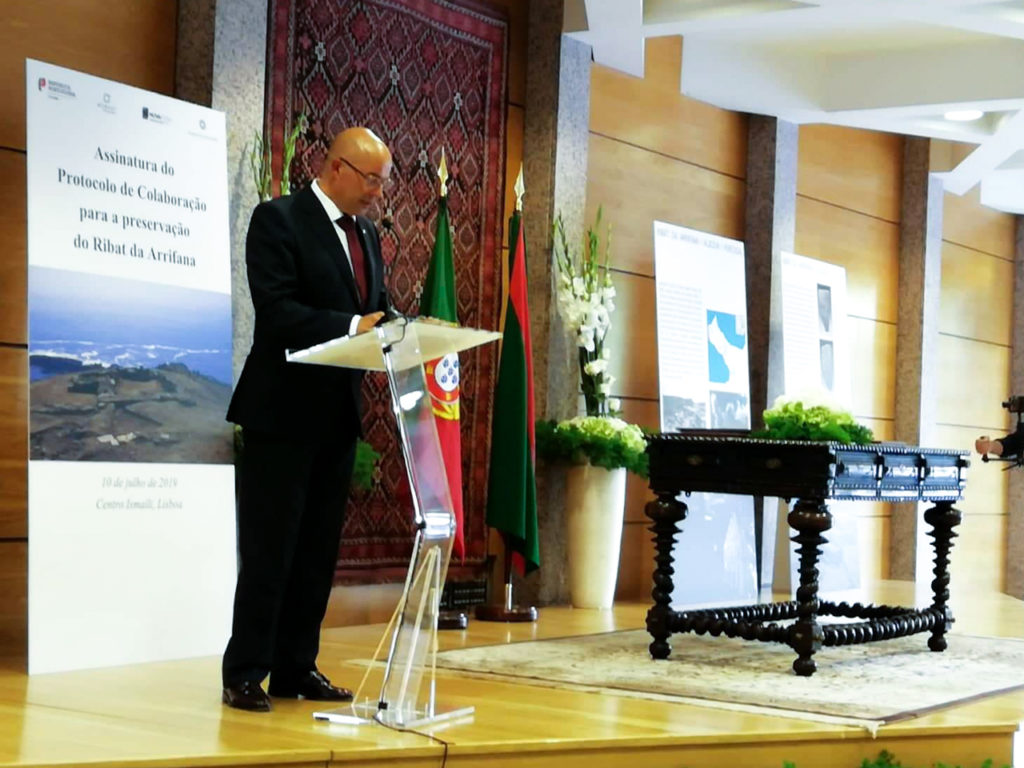
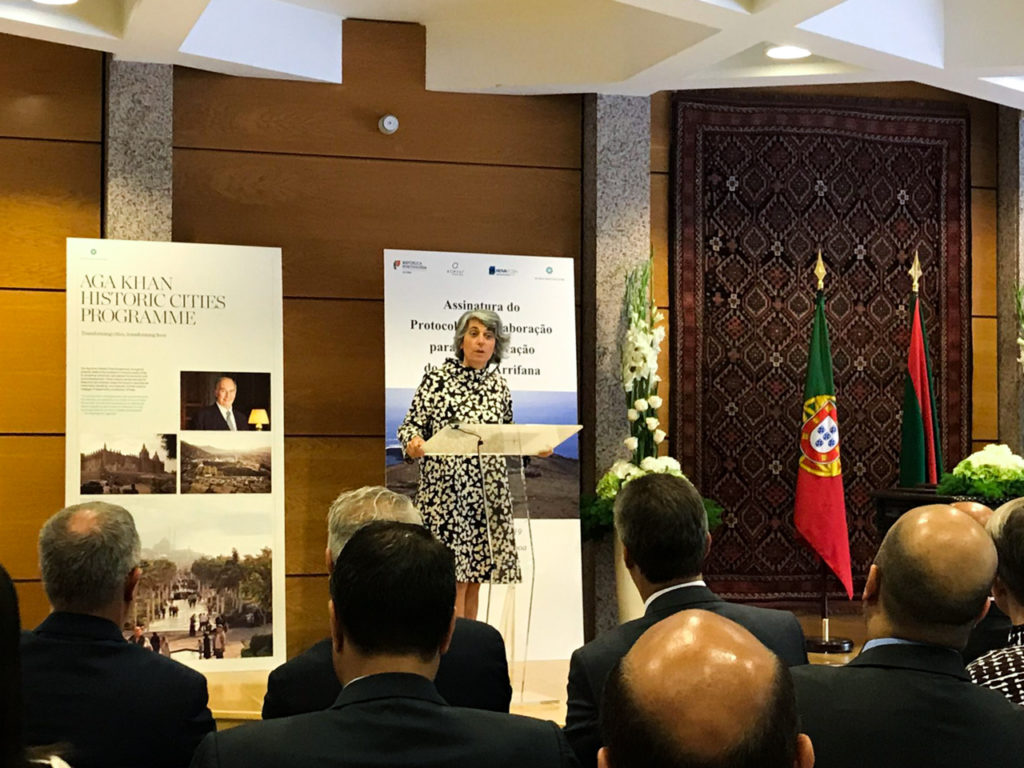
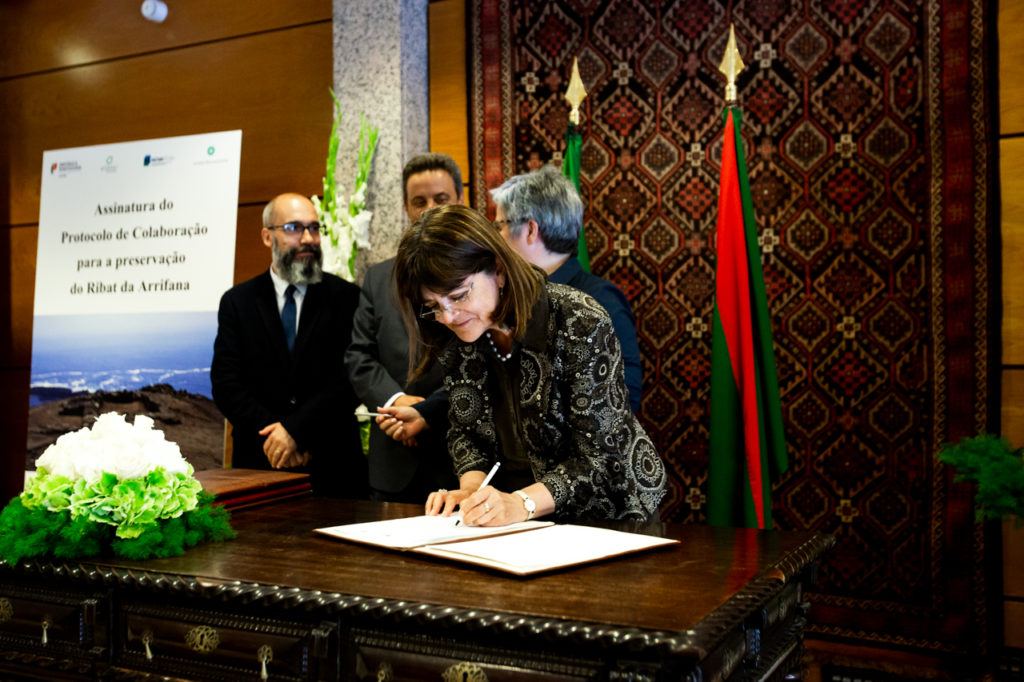
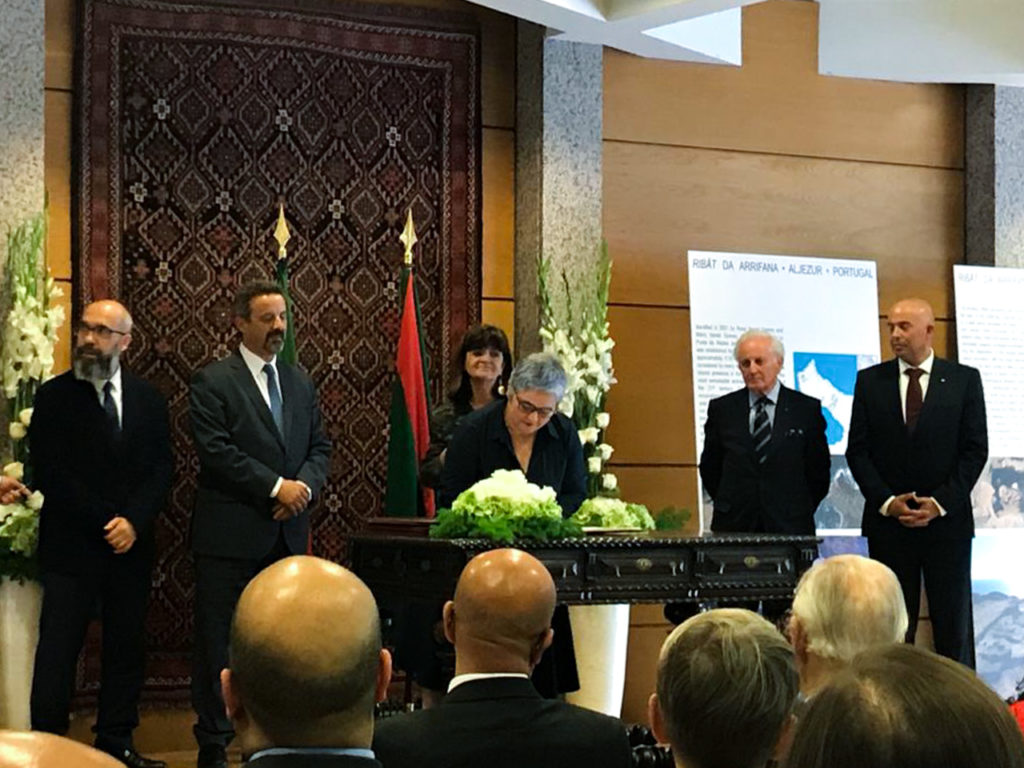
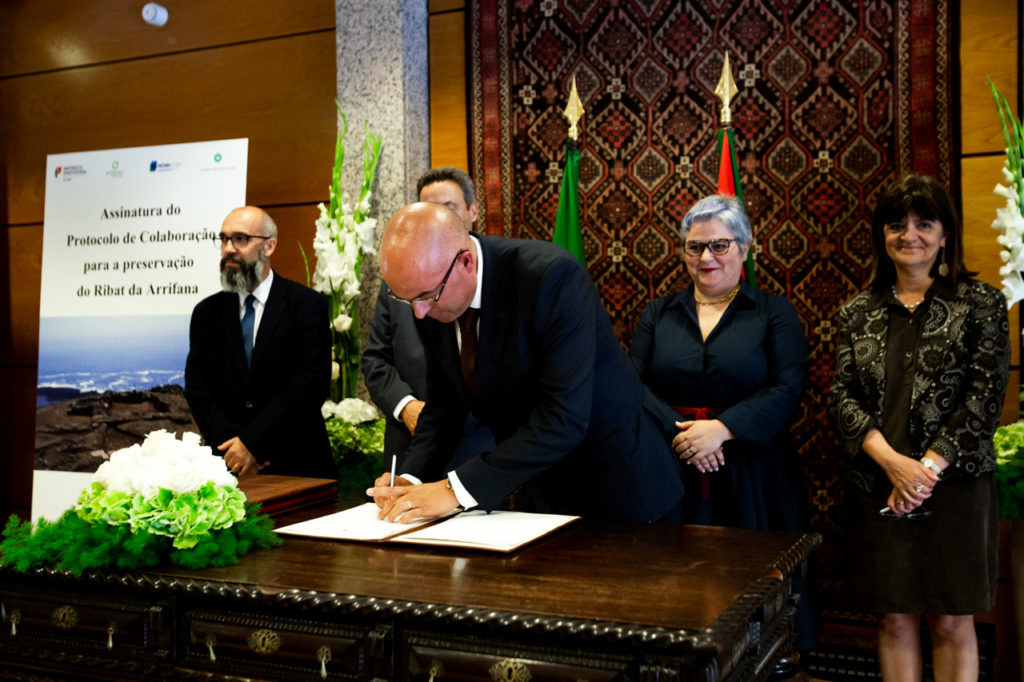
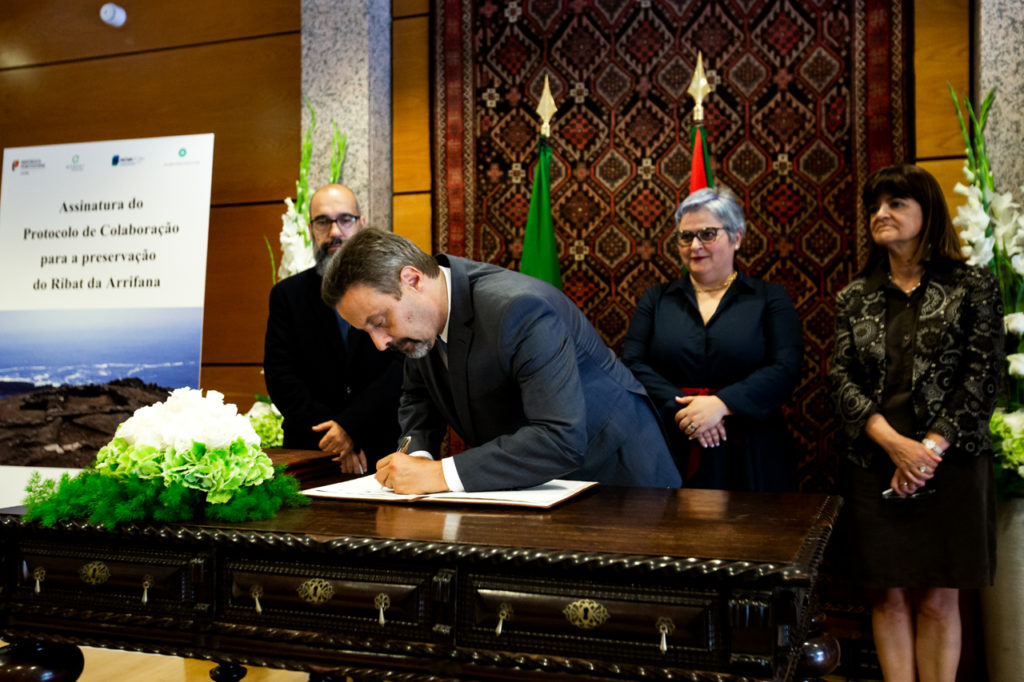
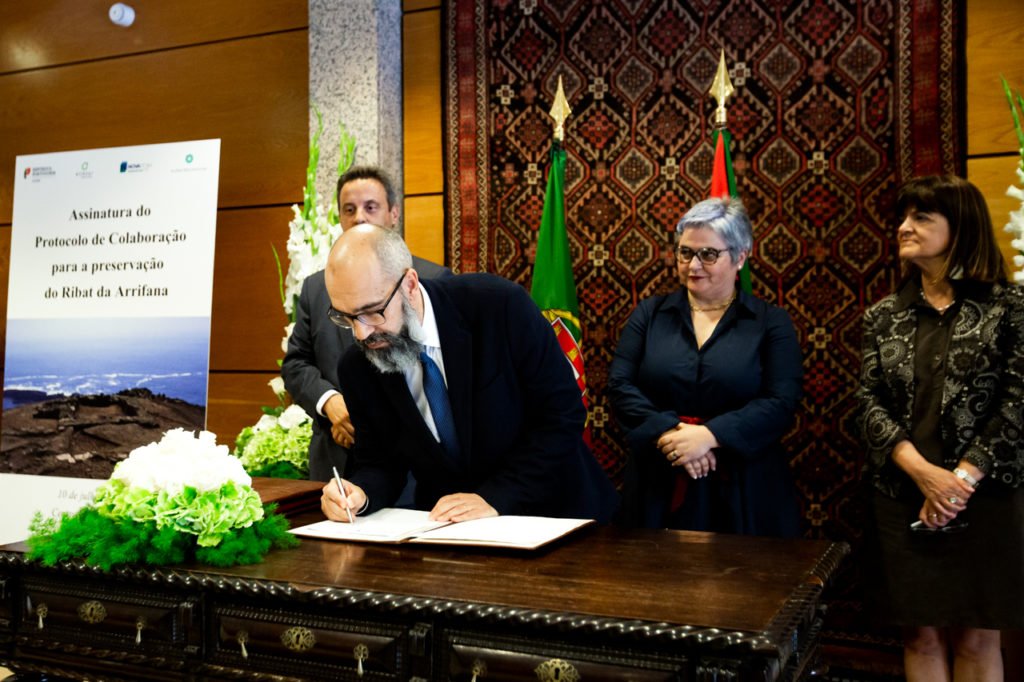
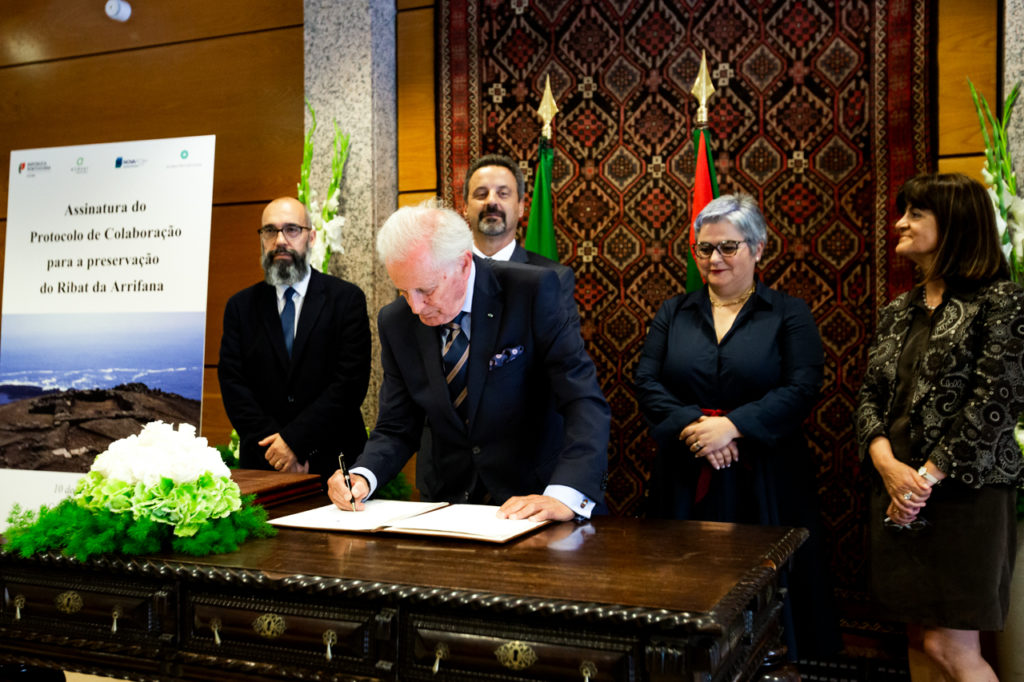
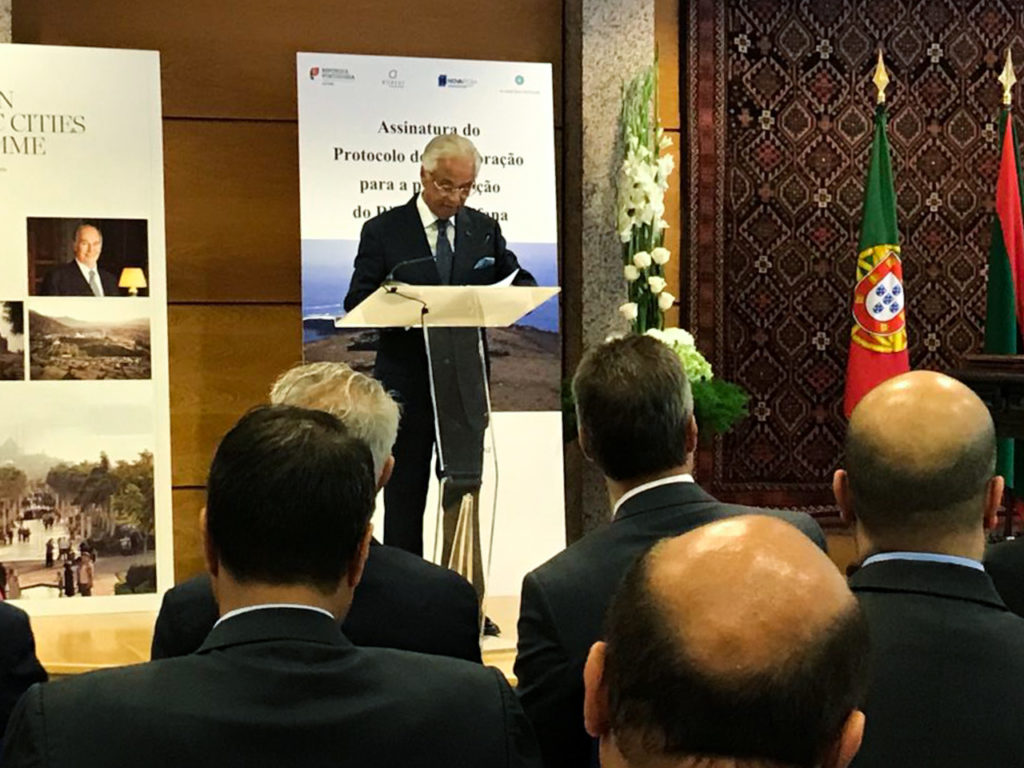
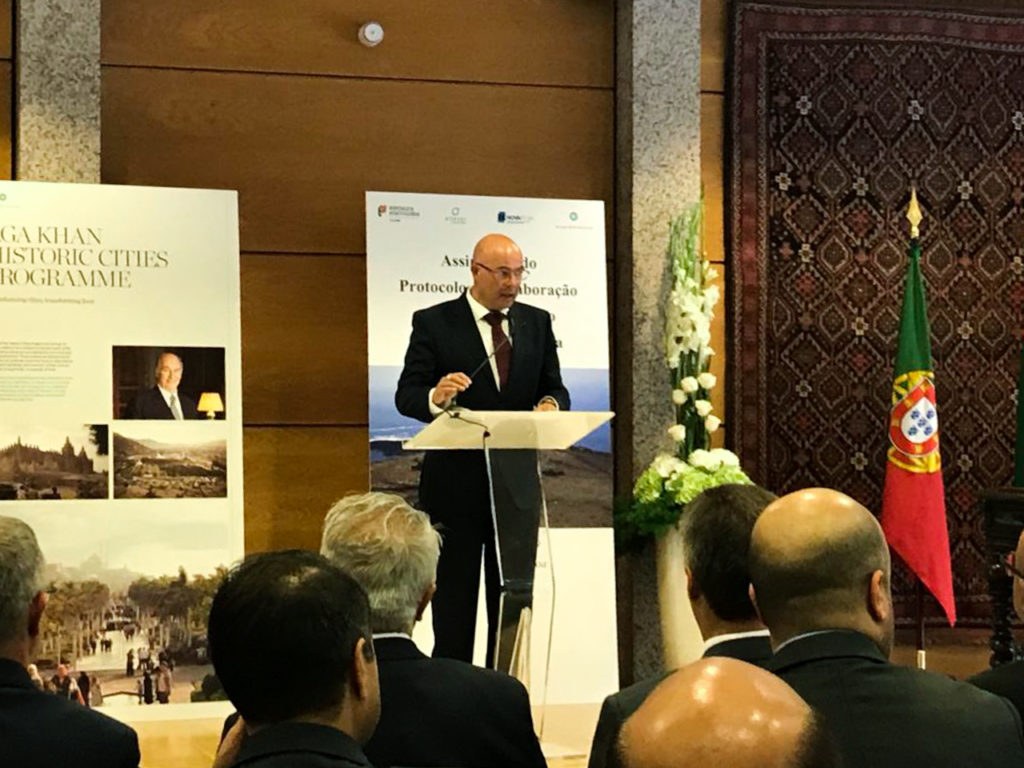
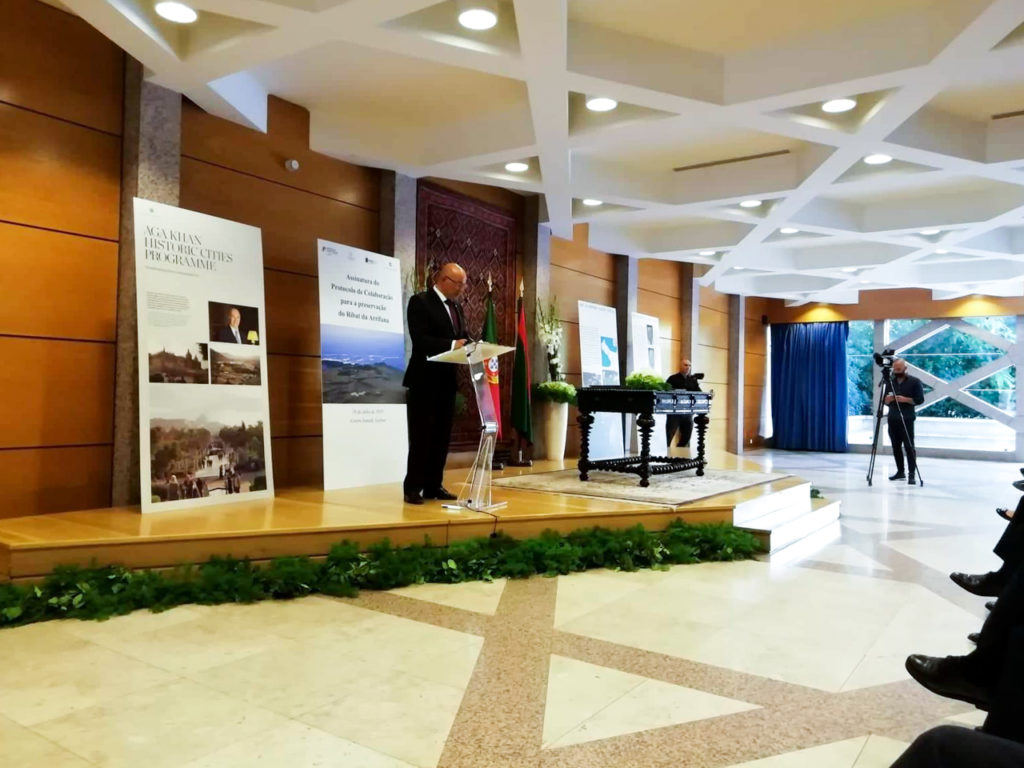


















Comments